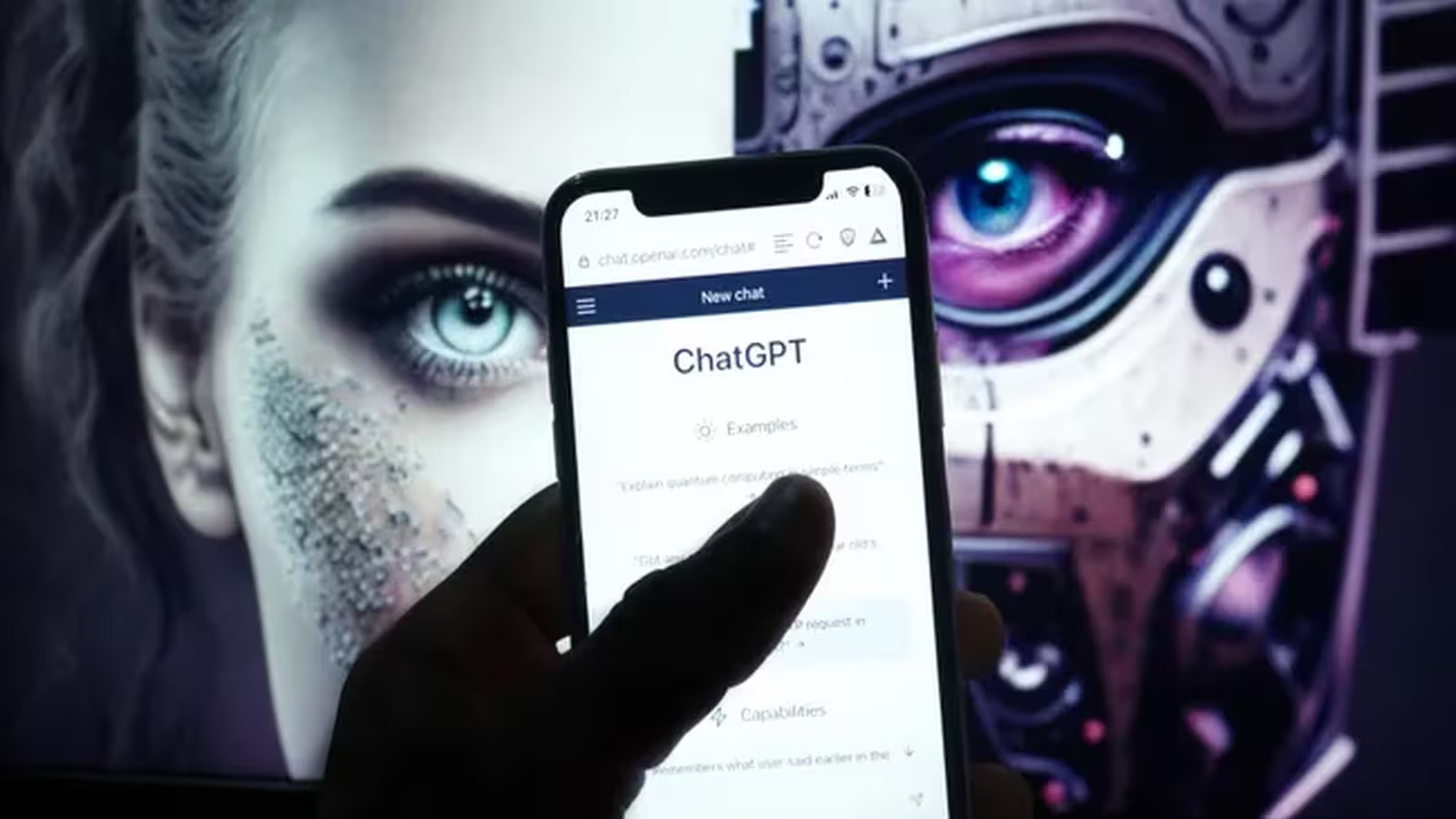5 Minutes
AI's Influence on Human Language: A Growing Trend
It's no secret that artificial intelligence is rapidly changing our world, but its impact goes beyond automation and data analytics. According to breakthrough research from the Max Planck Institute for Human Development, AI—specifically the popular chatbot ChatGPT—is now subtly transforming the way we communicate. The study finds that people across professional and academic spaces are increasingly adopting linguistic habits characteristic of AI-generated text, signaling a profound shift in digital communication.
How Was the Study Conducted?
Researchers analyzed over 280,000 educational YouTube videos from more than 20,000 channels, focusing on linguistic patterns and word usage before and after the release of ChatGPT. They discovered a measurable increase in the frequency of words like "meticulous," "adept," "delve," and "realm"—terms that are distinctly prominent in AI-generated outputs. Interestingly, these changes were not limited to AI-penned scripts but appeared organically in the speech of educators, thought leaders, and content creators. Some of these terms now appear more than 50% more often than statistical expectations, indicating just how pervasive AI’s language has become.
Unpacking the Shift: Features and Comparisons
AI-Influenced Language: Features and Traits
The most noticeable feature of this new communication trend is its polished, highly structured vocabulary. AI-generated language often favors clarity, precision, and directness—which, on the surface, seem like positive attributes for educational or professional settings. However, as the researchers point out, this shift can also result in flatter, less colorful language, trading emotional heartbeat and regional expressions for uniformity and predictability.
Human vs. AI Language: Loss of Texture
Traditional human communication has long been rich in nuance, idiomatic phrases, and vibrant metaphors. By contrast, AI-driven language tends toward sanitized and sometimes antiseptic prose, potentially diluting the emotional and cultural diversity that makes human speech so engaging and memorable. This echoes broader worries that the widespread adoption of AI could erode the authenticity of digital communication.
Advantages and Use Cases: Where ChatGPT Shines
Despite these concerns, there are undeniable benefits. Tools like ChatGPT offer unparalleled efficiency for academics drafting papers, marketers producing high-volume content, and professionals juggling tight deadlines. The AI is adept at generating articulate, grammatically precise copy in seconds, making it an indispensable co-author for many tech professionals and digital creatives. Its structured approach ensures messages are digestible, especially for global audiences navigating multicultural business environments.
Potential Risks: Erosion of Creativity and Etiquette
The growing reliance on AI phrasing may have unintended consequences. The researchers warn of a decline not only in linguistic diversity but also in social manners. The very nature of engaging with AI—often brief, transactional, and direct—might make us less polite over time, a trend that could spill into everyday human interactions.
Market Relevance and Looking Ahead
This research highlights a critical consideration for anyone developing new digital tools or language models: AI technologies don’t just echo our words—they’re shaping them in return. For tech companies, educators, and communication professionals, understanding this feedback loop is vital. Developers designing future AI-based productivity and collaboration platforms must consider how their algorithms influence broader linguistic trends.
Historical Context: Technology Always Shapes Language
This is not the first time technology has influenced how we speak or write. The telegraph made brevity a virtue, telephones introduced "hello" as a standard greeting, instant messaging popularized acronyms like LOL and ROFL, and Twitter gave rise to verbal hashtags. Now, AI-powered chatbots are the latest agents of change, subtly guiding millions to prioritize efficiency, clarity, and uniformity in digital discourse.
Key Takeaway: Stay Authentic in a Digital World
As AI chatbots like ChatGPT increasingly weave into the fabric of our daily communication, it’s important to remain mindful of our own linguistic style. Embracing digital innovation should not come at the expense of personal or cultural expression. Whether you’re a tech innovator, educator, or simply an AI enthusiast, consider weaving your unique voice into every conversation—online and off. The future of communication may be getting smarter, but it should also remain human at heart.



Comments